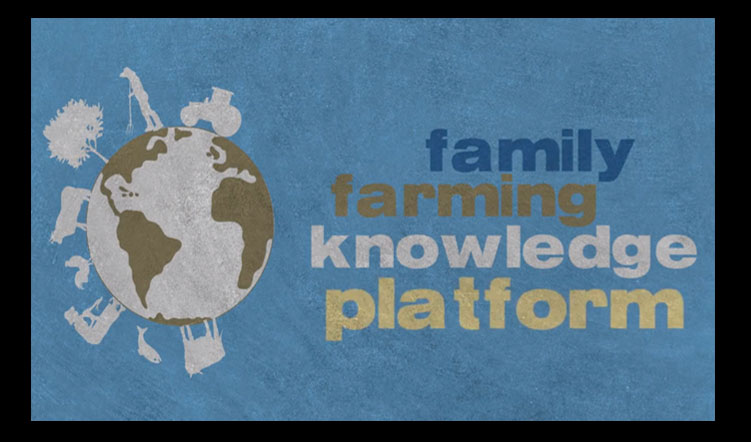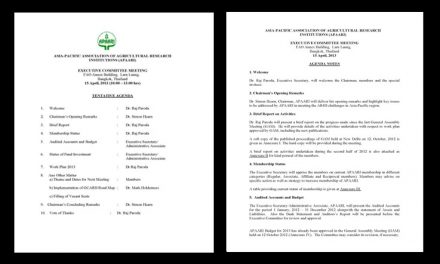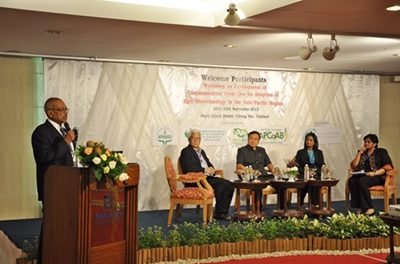The 66th Session of the United Nations General Assembly declared 2014 the International Year of Family Farming (IYFF) with the aim of putting family farming at the centre of agricultural, environmental and social policies in national agendas. The celebration of the IYFF is an opportunity to raise the profile of family farming by focusing world’s attention on its important role in eradicating hunger and poverty, providing food security and nutrition, improving livelihoods, managing natural resources and protecting the environment.
Four key objectives of the international year
1. Support the development of policies conducive to sustainable family farming by encouraging governments to establish the enabling environment (conducive policies, adequate legislation, participatory planning for a policy dialogue, investments) for the sustainable development of family farming.
2. Increase knowledge, communication and public awareness
- Increase public awareness on family farming, small holder farming and fisheries and their contributions (both actual and potential/untapped) to food security, improved nutrition, poverty alleviation, economic growth, employment generation and livelihood improvement, territorial development, sustainable -use of natural resources, particularly of resource-poor farmers and fishers and fish workers (MDG1).
- Increase public awareness and knowledge on the diversity and the complexity of production and consumption systems in family farming, smallholder farming and fisheries.
- Enhance international dialogue and cooperation.
- Increase public awareness and knowledge of family farming, smallholder farming and fisheries, and current trends in policies and investments, highlighting “success stories”, good policies and best practices.
- Increase opportunities for dialogue, participation and access to information for smallholders and their associations.
3. Attain better understanding of family farming needs, potential and constraints and ensure technical support
- Identify, capitalize and promote technical support for capacity development actions including policies.
- Reach out to non-agricultural actors (financial institutions, development banks, decision-makers etc.) in order to increase their awareness and knowledge on the potential of family and smallholder agriculture in sustainable development.
- Encourage actions at global, regional, national and community levels.
- Monitor how family farms and policies related to family and smallholder farming evolve. 4. Create synergies for sustainability
- Promote the inclusion of the IYFF vision along international processes and committees.
- Ensure that longer-term actions related to FF are reflected in the international agenda (Post 2015 Framework).
- Synergies with other International Years in particular Cooperatives.
Three global lines of action
1. Promotion of dialogue in policy decision-making processes
2. Identification, documentation and sharing lessons learned and successful experiences of existing pro-family farming policies at national and/or other levels to capitalize relevant knowledge on family farming
3. Communication, advocacy and outreach
Further information about the International Year of Family Farming (IYFF), master plan and forthcoming activities, please visit http://www.fao.org/family-farming-2014/en/





